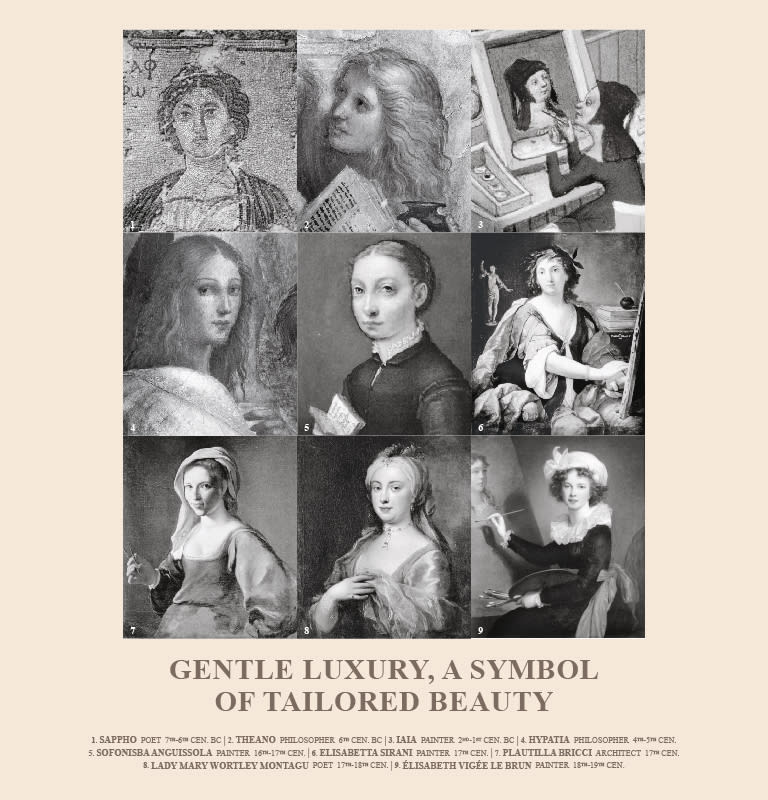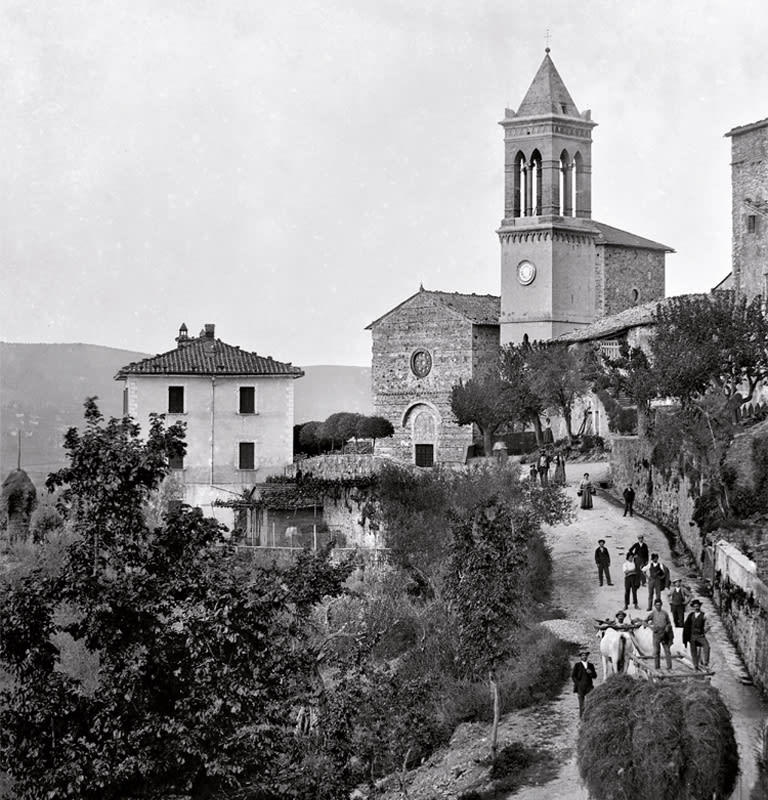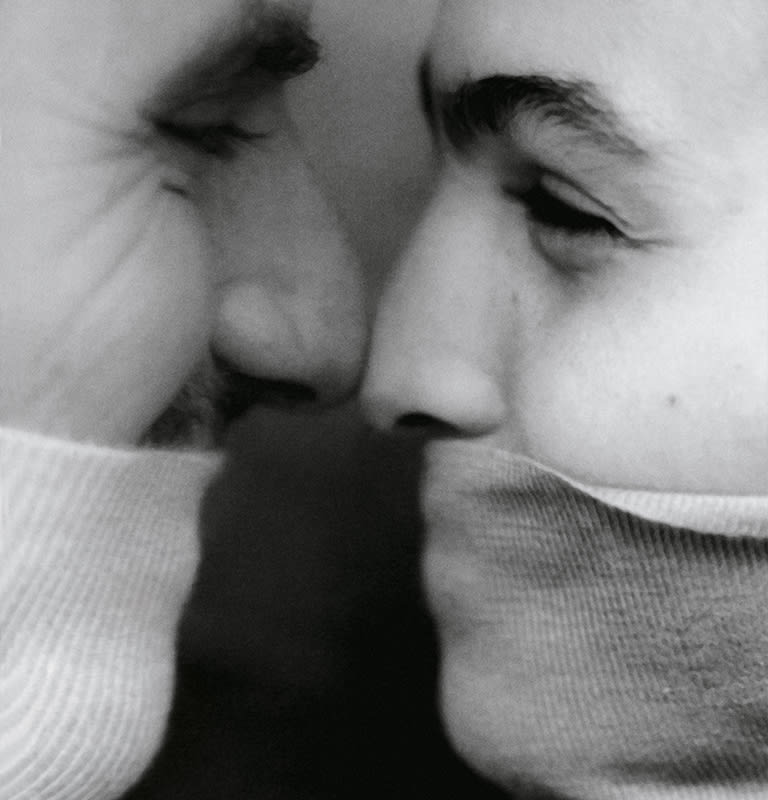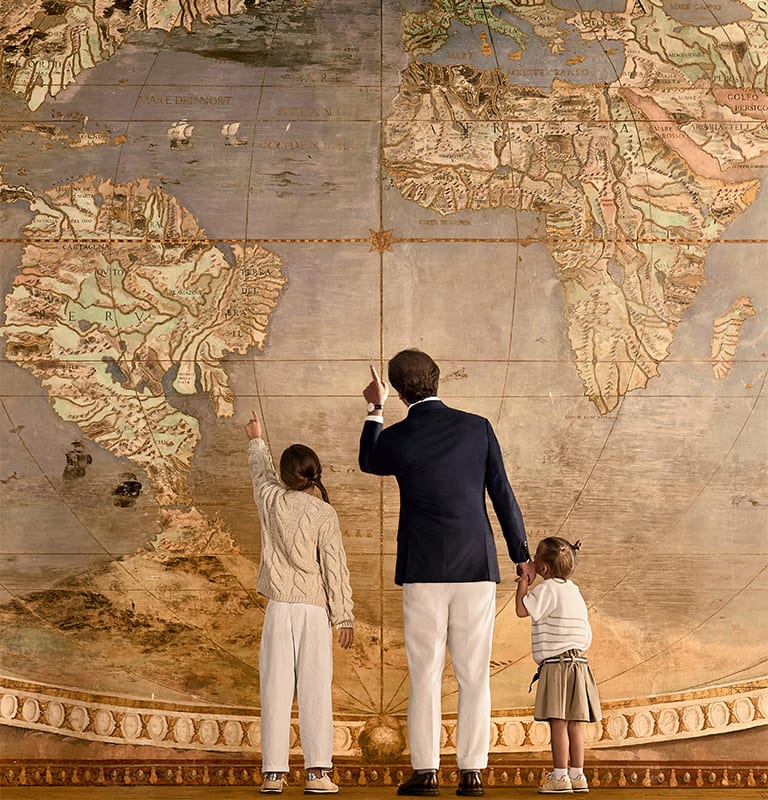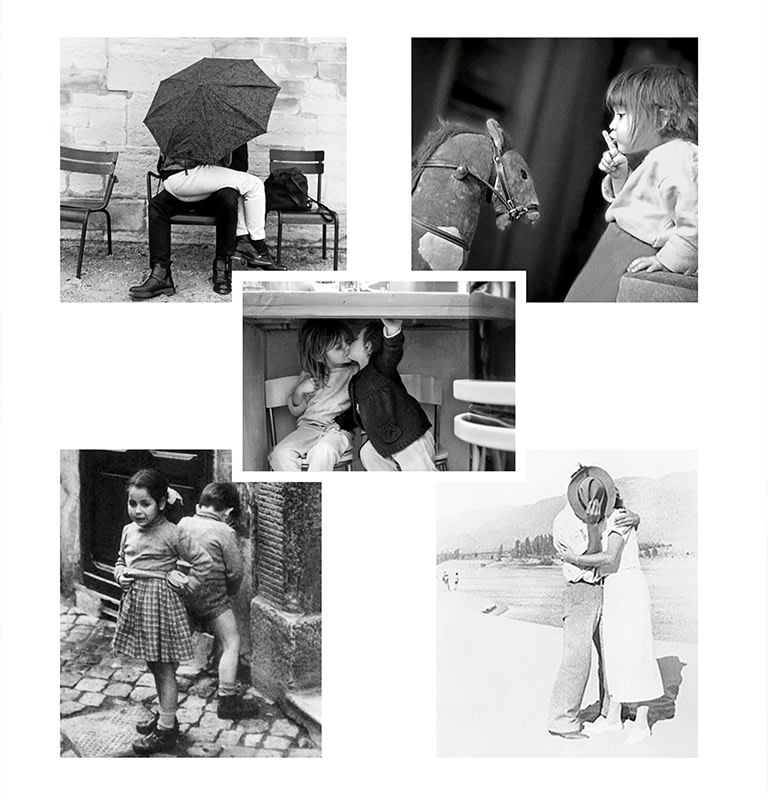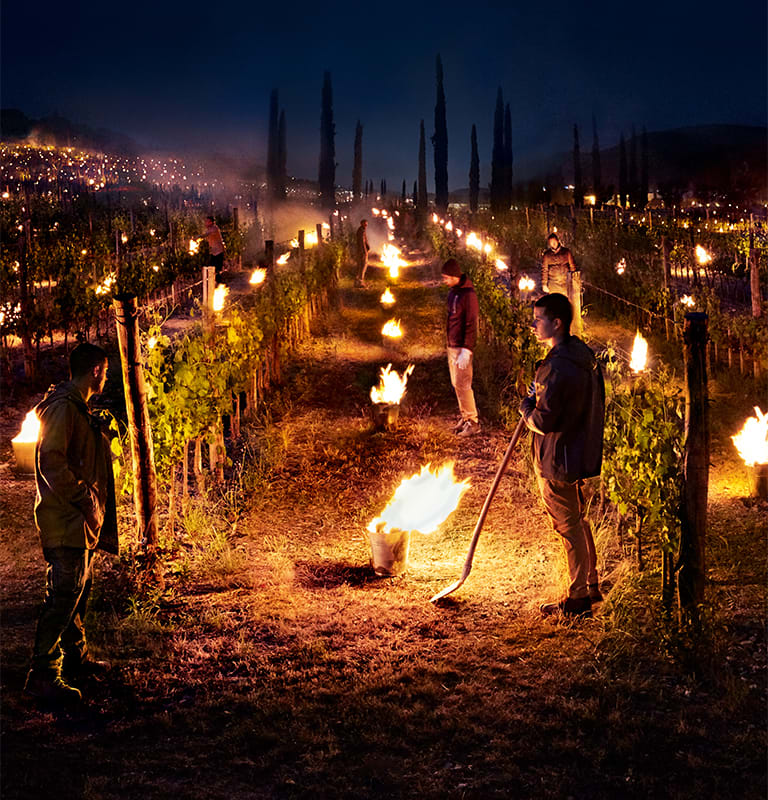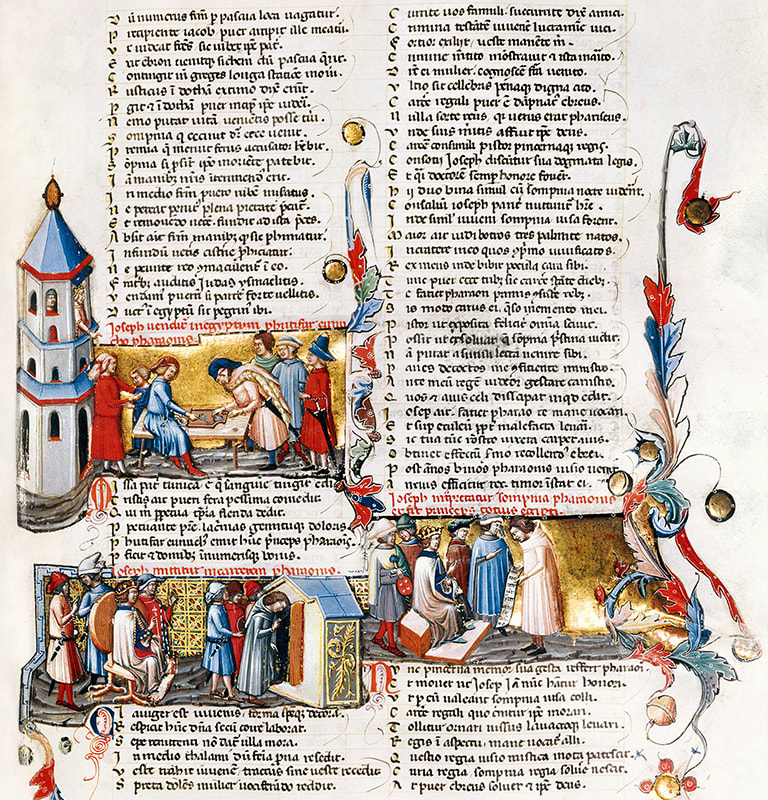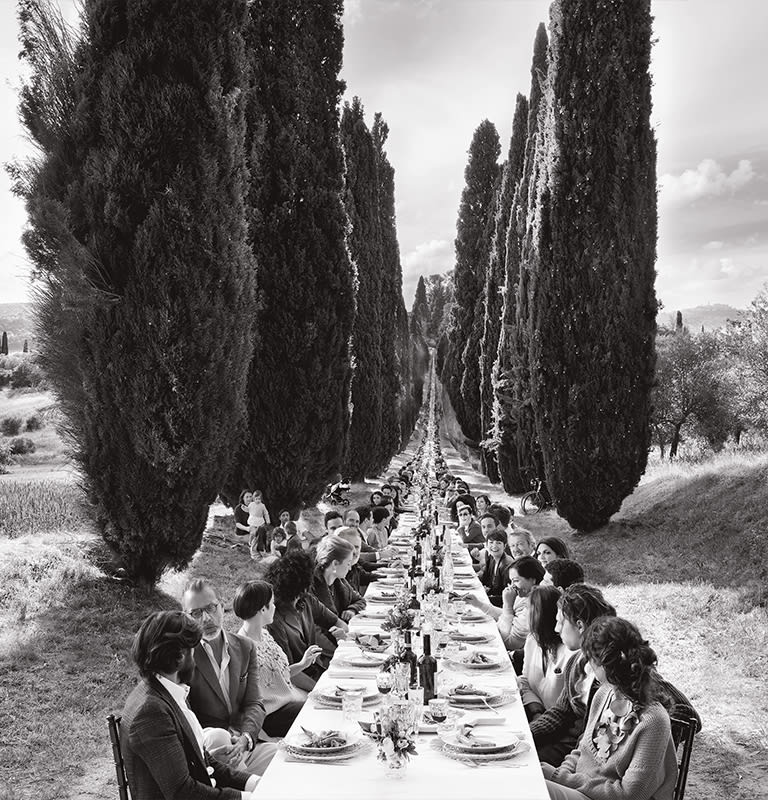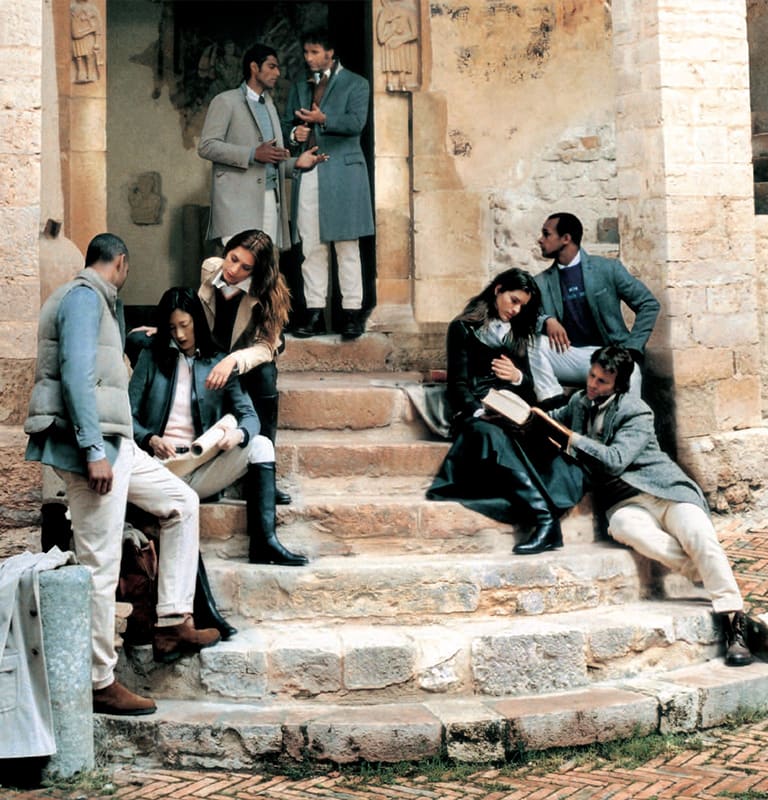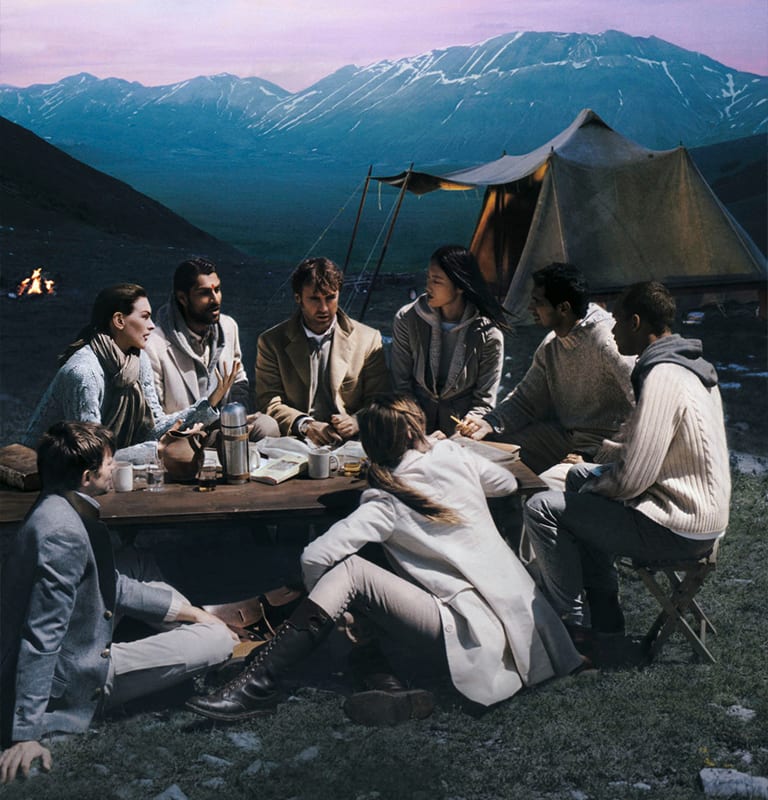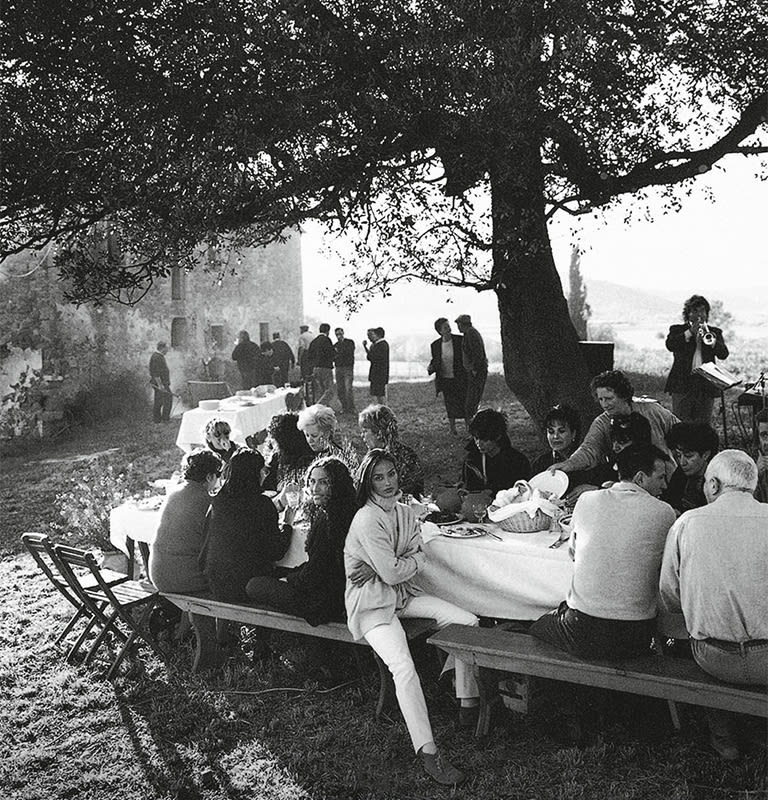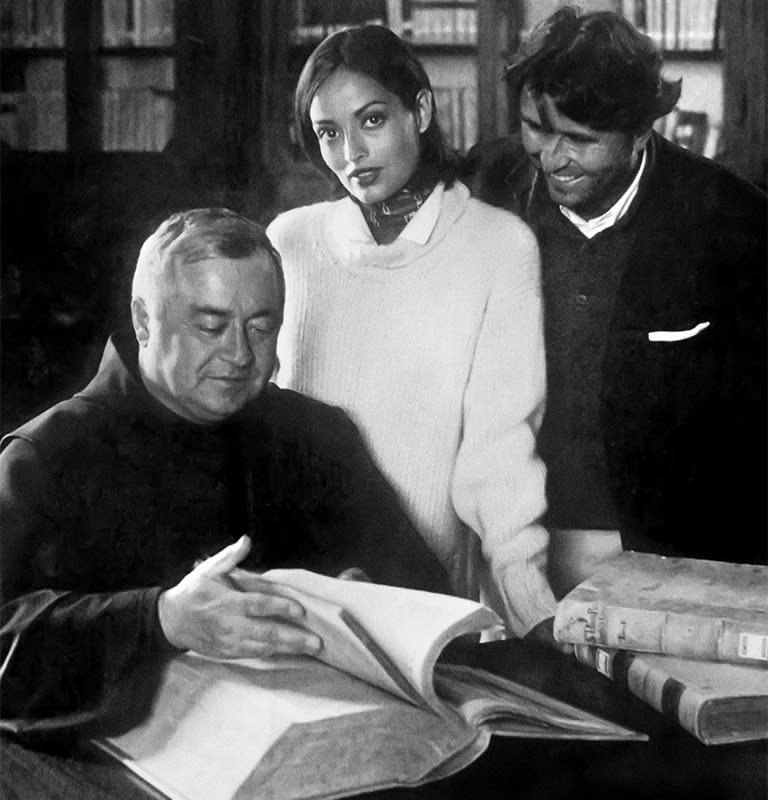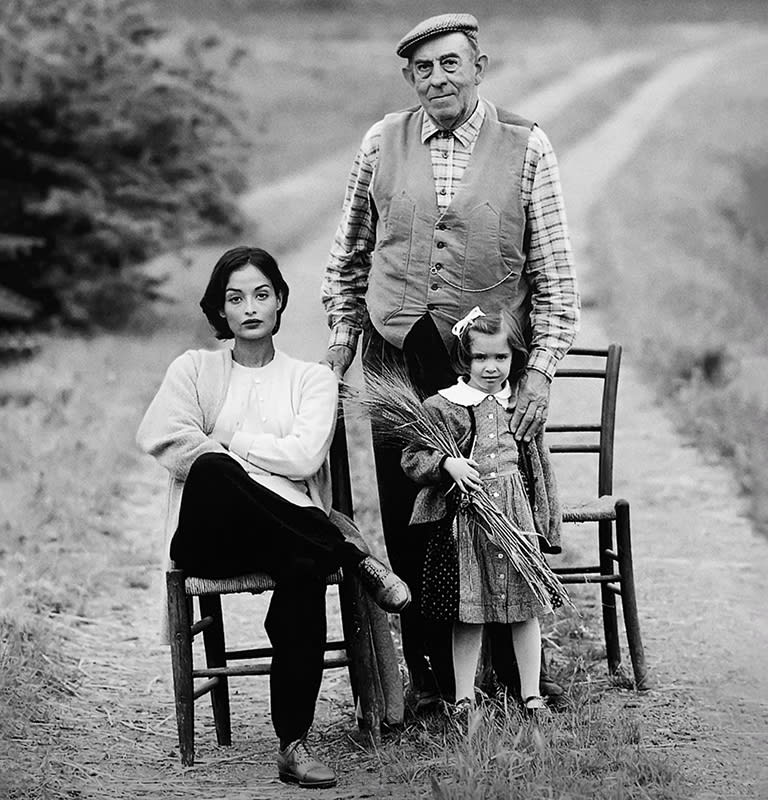label.skip.main.content
"Simplicity, Beauty, Truth."
Fall-Winter 2008
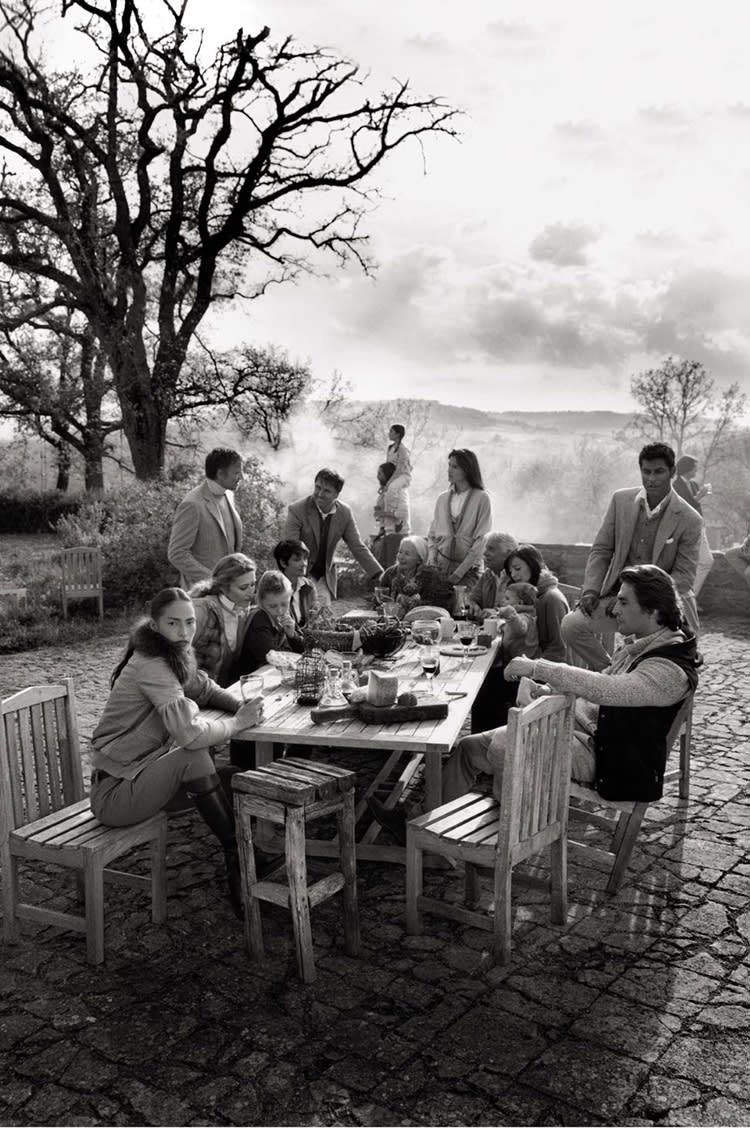
Today one often senses a widespread and profound need for simplicity. It is an inner need that grows gradually, swollen like a spring bud and as poignant as a blossoming wildfl ower. It is an entirely comprehensible event and a natural consequence of our times, where media-fueled illusion and complication demoralize people, jeopardizing their dearest treasure: human dignity.
Complication derives from laws, so numerous and specious to make it difficult to fully enforce a respect for legality. It also arises from cybernetics, which relentlessly invades our privacy. It is also generated by bureaucracy, which becomes increasingly paralyzing the more one tries to consider it a great simplifier.
Many want to understand and trace the causes and sources of Power, trying to simplify what has become much too complex. But, as in a Kafka tale, Power is inaccessible, not only due to the guards stationed at the door of the Imperial Palace. When we listen to the obscure words of the intellectuals and when we observe the closely guarded confi dentiality of castes and associations, we suspect (and are closer to the truth than we care to admit) that complication is merely a mask for deceit.
Nevertheless, the absence of simplicity does not only come from the outside world. It is often within us and is the result of misunderstandings and confusion. We tend to think that we only have to be more informed to be able to live a better life, but that is not the case. Foolish people with a good memory are full of information that is useless to them. This is why they sneer at simple people and secretly envy them. So what is missing?
Christ, Buddha, Martin Luther King, and Pope John Paul I spoke simply. Pope John Paul I, in fact, taught us during his brief yet enlightened papacy that only noble simplicity is needed to preach the Gospel.
But simplicity is not an easy thing to achieve because it is not a point of departure, but a point of arrival. It is often achieved after a long and diffi cult personal journey. A thirst for knowledge and the sensitivity to feel is necessary. You must know how to listen to yourself, to others, and to Nature around us. You must be perspicacious, meaning you have to know how to gather your thoughts and learn from experience: to think, which, according to Bertolt Brecht, is the greatest pleasure. You must select, choose, and summarize.
All this requires effort, but it is within everyone’s grasp. It helps us live more fulfi lled lives and nurture our spirituality. We remain slaves to our inner torments only because we do not try to understand the causes. As a result, we lose our confidence. We believe it is fear, when it is simply inertia and a lack of imagination. With just a little effort, we can regain our confidence and once again feel the intuition and instinct within us that allowed us to soar when we were children.
Yes, instinct and intuition: other forms – among the most natural – of vital simplicity. Instinct needs no reason: it supplies it. Intuition possesses something divine and impalpable. It is creative. When you plan something, it suggests the right idea: never waste time thinking about it. Any inopportune verification impedes and destroys the creative process, and it punishes brilliance and wonder. This also happens with art: here, too, simplicity plays a very important role.
In art, simplicity of form often contrasts with complicated details. Where does one fi nd Beauty? In Islamic art and in French, German, and Spanish Rococo that is a triumph of color, squiggly lines, and excessive ornamentation? Or is it found in plain Romanesque style with its roughly hewn stone and stark rugged walls? Or is it in Italian Renaissance, the epitome of pure elegance with its sleek and simple lines? The entire History of Art is unable to give a definite answer to an awkward question. Unequivocal answers belong in the mind and have very little to do with art.
We know, however, that there is a connection between simplicity and beauty. Beauty is not always simple, and yet simplicity is always beautiful. And since philosophers have proven that truth and beauty coincide, it follows that beauty and truth coincide in the concept of simplicity.


